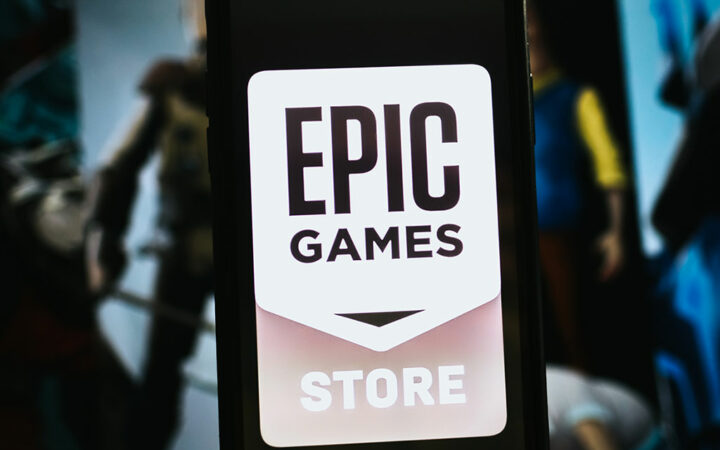
Ibukun is a crypto/finance writer interested in passing relevant information, using non-complex words to reach all kinds of audience. Apart from writing, she likes to see movies, cook, and explore restaurants in the city of Lagos, where she resides.
Epic Games acknowledged the allegations and settlements requested by the FTC in a statement.

The US Federal Trade Commission (FTC) has ordered Fortnite creator Epic Games to pay $520 million in a children’s privacy case. Per the FTC command, Epic Games is bound to pay a $275 million fine and refund another $245 million to its consumers. The Commission said the game maker violated children’s privacy law – The Children’s Online Privacy Protection Act (COPPA), by collecting information about children under the age of 13. The agency also stated that Epic Games tricked consumers into making unintentional purchases.
Notably, the $275 million Epic Games has been ordered to pay by FTC is the largest fine ever for violating the Children’s Online Privacy Protection Act. The agency alleged that the game creator collected the under 13 children information without notifying the parents, which is unlawful. Additionally, the regulator claimed that Epic made it difficult for parents who tried to delete the collected data. FTC Chair Lina M. Khan detailed:
“Epic used privacy-invasive default settings and deceptive interfaces that tricked Fortnite users, including teenagers and children. These enforcement actions make clear to businesses that the FTC is cracking down on these unlawful practices.”
Part of the allegations is that Epic Games activated voice and text chat by default for young players. This way, the company exposed the children to possible harassment from other users. On the unintentional purchase, the agency explained that the video game company used a “counterintuitive, inconsistent, and confusing button configuration” to deceive players into making unintended in-game purchases worth hundreds of millions of dollars. At the same time, FTC claims Epic Games allowed children to make purchases of its V-Bucks in-game currency without their parents’ confirmation.
Epic Games acknowledged the allegations and settlements requested by the FTC in a statement. The company said the agency’s action shows evolving standards in the video game industry. In addition, it said it has made some changes to child protection and monetization practices to avoid future violations. The game maker wrote:
“No developer creates a game with the intention of ending up here. The video game industry is a place of fast-moving innovation, where player expectations are high and new ideas are paramount. We accepted this agreement because we want Epic to be at the forefront of consumer protection and provide the best experience for our players.”
While Fortnite can not be entirely considered a metaverse game, Epic Games has been breaking forth in positioning itself as a major builder of the metaverse. In April, Epic Games secured $2 billion at a $31.5 billion valuation to “build the metaverse.”
Disclaimer: Coinspeaker is committed to providing unbiased and transparent reporting. This article aims to deliver accurate and timely information but should not be taken as financial or investment advice. Since market conditions can change rapidly, we encourage you to verify information on your own and consult with a professional before making any decisions based on this content.

Ibukun is a crypto/finance writer interested in passing relevant information, using non-complex words to reach all kinds of audience. Apart from writing, she likes to see movies, cook, and explore restaurants in the city of Lagos, where she resides.




